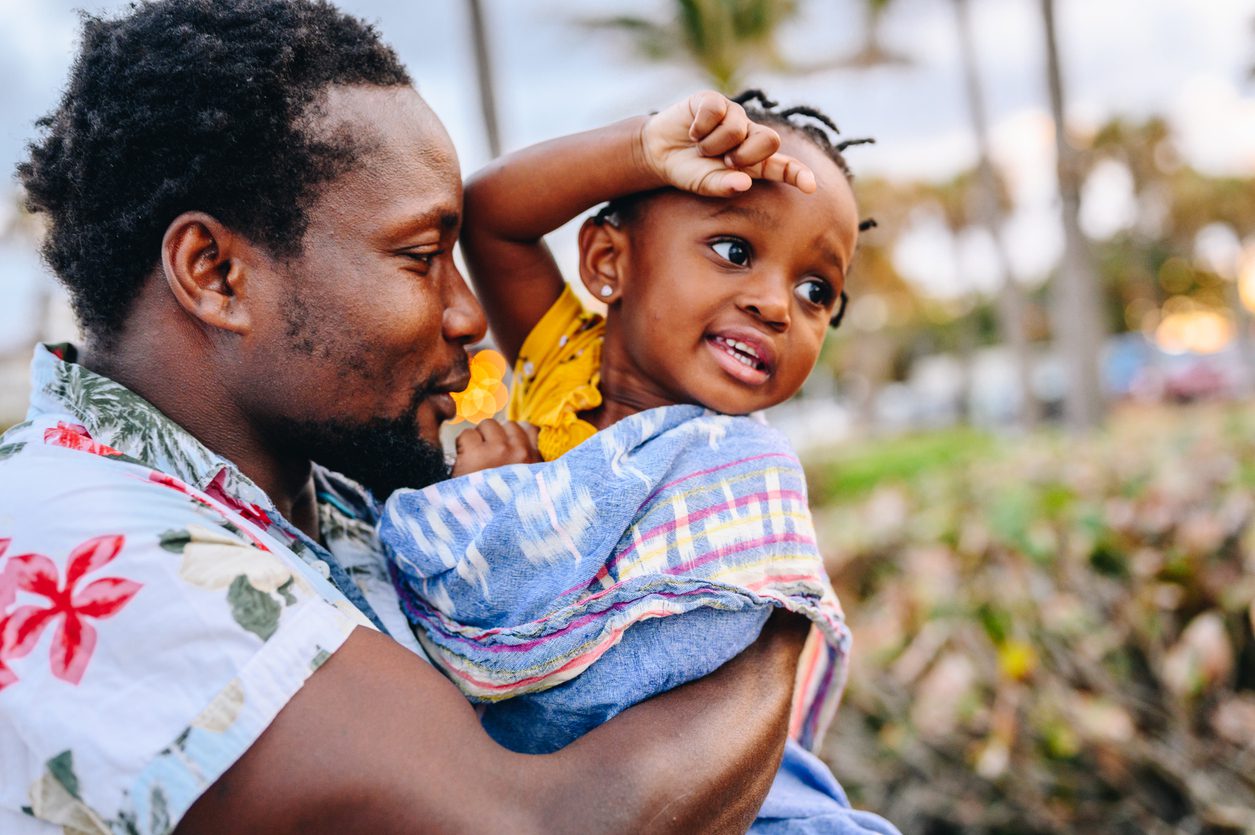This month the United States commemorates its Declaration of Independence that was adopted by the Second Continental Congress on July 4, 1776. The founders of this Congress declared that the thirteen colonies were no longer subordinate to the monarch of Great Britain, King George III, and were now united, free, and independent states. The Continental Congresses also set into motion the furtherance of what we have come to know as the U.S. Congress composed of the House of Representatives and Senate.
An important aspect of this federal holiday history is the contribution of People of African Descent from within the U.S. and Ayiti (Haiti), previously called Saint-Domingue, which became an independent country in 1804. Despite the enslavement of People of African Descent from Ayiti and their own fight for independence from enslavement from France and the fight of enslaved and freed People of African descent in the U.S. to be free within the U.S., both contributed to the revolutionary war of the U.S. from 1775-1783. It was not until 1782 when the British government would formally acknowledge American independence and call for the end of hostilities.
One notable example of Haiti’s contribution to the revolutionary war was the Chasseurs-Voluntaries de Saint-Domingue which was a regiment of over 500 Haitian free men of African descent who fought at the Siege of Savannah (Georgia) in 1779. Their contribution was pivotal in one of the bloodiest battles of the war. Further, France’s loss of Saint-Domingue helped lead Napoleon to sell the Louisiana Territory to the U.S. in 1803. This acquisition doubled the size of the U.S., setting the stage for westward expansion. Ayiti also contributed to the abolitionist movement in the U.S.
Although the mutual dream and kinship of freedom, liberation and trade between Haiti and the U.S. existed, Haiti was not recognized by the U.S. as an independent and free country until 1862. Frederick Douglas, who was formally enslaved, a leading abolitionist, and an African Methodist Episcopal Zion Church elder, became U.S. Ambassador to Haiti in 1889. Ambassador Douglas praised Haiti as “a beacon of liberty for successfully overthrowing slavery and colonialism.”
Ayiti and the U.S. have experienced profound lament and rare hope in the pursuit of their aspirational dreams of being “a beacon of liberty.” This month, and especially July 4th, is an invitation to remember this dream belongs to all, both freed and enslaved people, from the past and today.
This aspirational dream of liberty includes the freedom to vote for our government leadership and to build out relationships with them and for all. In the U.S., we encourage the right to speak up and stand up with our advocacy asks. Today, advocacy for the farm bill is one of the most important timely policies we are called to advocate for. Our recent Advocacy Summit and related Pan African Consultation did this. We encourage you to do the same. You can learn more at www.bread.org/ol.
Angelique Walker-Smith is senior associate for Pan African and Orthodox Church engagement at Bread for the World.



